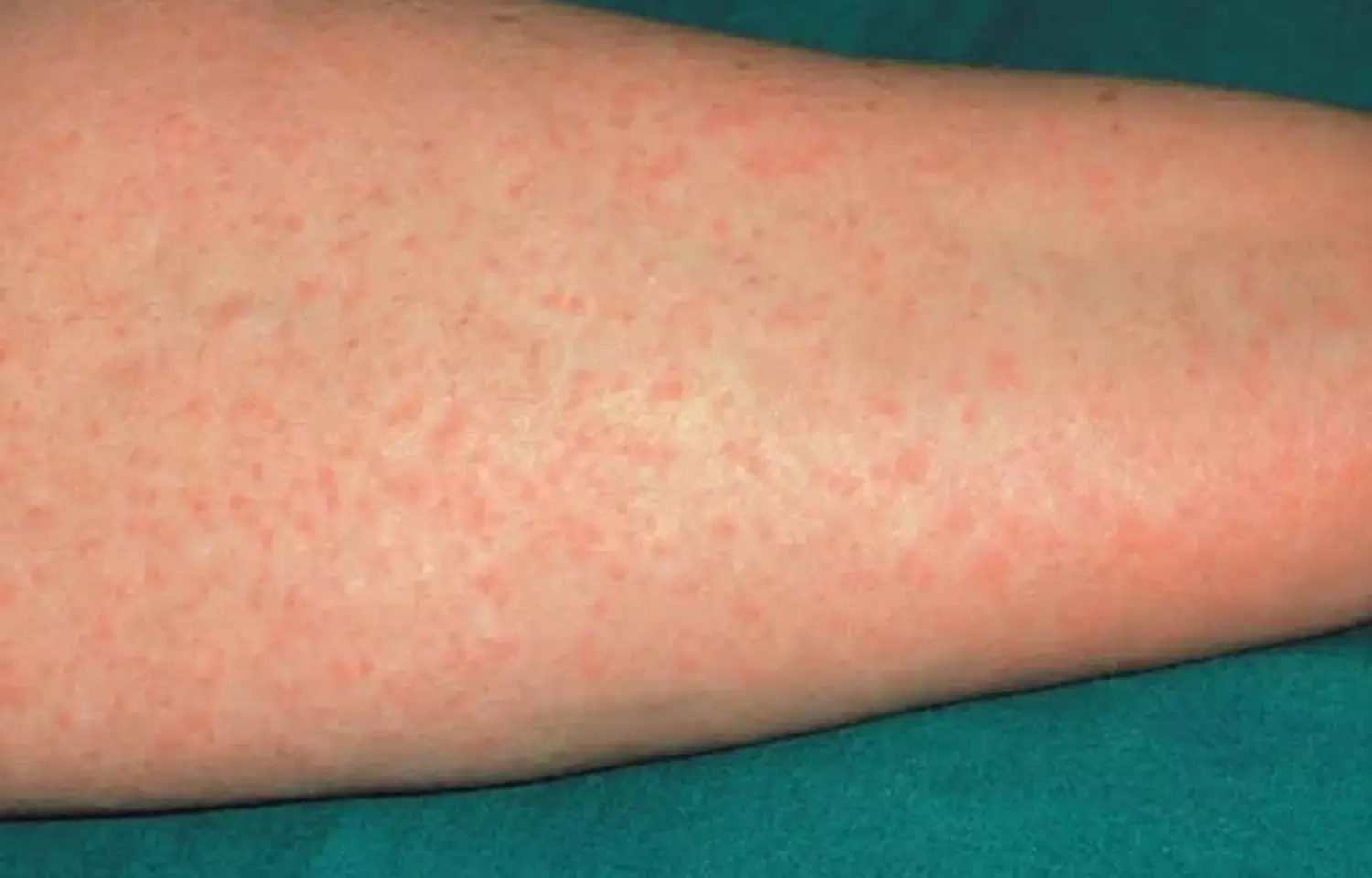- Home
- Medical news & Guidelines
- Anesthesiology
- Cardiology and CTVS
- Critical Care
- Dentistry
- Dermatology
- Diabetes and Endocrinology
- ENT
- Gastroenterology
- Medicine
- Nephrology
- Neurology
- Obstretics-Gynaecology
- Oncology
- Ophthalmology
- Orthopaedics
- Pediatrics-Neonatology
- Psychiatry
- Pulmonology
- Radiology
- Surgery
- Urology
- Laboratory Medicine
- Diet
- Nursing
- Paramedical
- Physiotherapy
- Health news
- Fact Check
- Bone Health Fact Check
- Brain Health Fact Check
- Cancer Related Fact Check
- Child Care Fact Check
- Dental and oral health fact check
- Diabetes and metabolic health fact check
- Diet and Nutrition Fact Check
- Eye and ENT Care Fact Check
- Fitness fact check
- Gut health fact check
- Heart health fact check
- Kidney health fact check
- Medical education fact check
- Men's health fact check
- Respiratory fact check
- Skin and hair care fact check
- Vaccine and Immunization fact check
- Women's health fact check
- AYUSH
- State News
- Andaman and Nicobar Islands
- Andhra Pradesh
- Arunachal Pradesh
- Assam
- Bihar
- Chandigarh
- Chattisgarh
- Dadra and Nagar Haveli
- Daman and Diu
- Delhi
- Goa
- Gujarat
- Haryana
- Himachal Pradesh
- Jammu & Kashmir
- Jharkhand
- Karnataka
- Kerala
- Ladakh
- Lakshadweep
- Madhya Pradesh
- Maharashtra
- Manipur
- Meghalaya
- Mizoram
- Nagaland
- Odisha
- Puducherry
- Punjab
- Rajasthan
- Sikkim
- Tamil Nadu
- Telangana
- Tripura
- Uttar Pradesh
- Uttrakhand
- West Bengal
- Medical Education
- Industry
Cefazolin can safely be given to most surgery patients despite penicillin allergy

BOSTON - Most surgical patients with a history of penicillin allergy can safely be given the guideline-recommended antibiotic cefazolin to prevent infection instead of several penicillin alternatives that are less effective and more expensive, according to a study conducted by Massachusetts General Hospital (MGH), the University of Colorado Anschutz Medical Campus and the University of Porto in Portugal. The researchers reported in JAMA Surgery that the frequency of allergies to both penicillins and cefazolin was so small that most patients should receive cefazolin regardless of their allergy history.
"Under current practice, the roughly 10% of U.S. patients reporting a penicillin allergy are less likely to receive cefazolin at the time of surgery and more likely to receive clindamycin or vancomycin, which increases their risk of developing a surgical infection," says co-first author Kimberly Blumenthal, MD, MSc, an investigator in the Division of Rheumatology, Allergy and Immunology at MGH. "Our study found that the frequency of dual allergies to penicillin and cefazolin was so small - 0.7% - that surgeons and anesthesiologists should feel confident giving cefazolin to nearly all patients with a penicillin allergy history."
More than 17 million surgical procedures are performed each year in the U.S. and, according to the Centers for Disease Control and Prevention, nearly 111,000 result in surgical site infections. Cefazolin, a first-generation cephalosporin, is the guideline-recommended antibiotic for most surgical procedures. Avoidance of cefazolin in patients with penicillin allergy is grounded in research from the 1960s and 1970s that reported a cross-reactivity rate of 8% between penicillins and cephalosporins like cefazolin. In their meta-analysis of 77 studies involving 6,147 patients, investigators conducted the most extensive review to date of the frequency of cross-reactivity, with an eye toward improving the perioperative administration of infection-fighting antibiotics.
"We found that that avoidance of cefazolin based on 50-year-old data is unnecessary and, in many cases, ill-advised," says senior author Meghan Jeffres, PharmD, with the University of Colorado Skaggs School of Pharmacy. "Not only is cefazolin safe for nearly all patients with penicillin allergy, but also, studies have shown that it's well tolerated and has the appropriate spectrum of activity against organisms commonly encountered in surgical site infections."
The study showed that the occurrence of dual allergy between penicillin and cefazolin was higher among patients whose penicillin allergy had been confirmed through testing (3%) compared to those with self-reported penicillin allergy (0.7%). "Many patients have been told by parents that they are allergic to penicillin or have rashes they think are antibiotic-induced, when in fact they're not," explains co-first author Bernardo Sousa-Pinto, MD, PhD, with the University of Porto. "That underscores the need for patients to know their allergy history, to be tested, and to ensure that test results are accurately reflected in their medical records so that physicians can make the best decisions for them when they need surgery."
Jeffres points out that among the chief goals of clinicians and hospital administrators is to keep their surgical site infection rate as low as possible. "Surgeons and anesthesiologists know that the more patients who receive cefazolin, the lower that rate will be," she says. "We believe our study takes a huge step toward providing them with the data and the evidence they need to make well-informed antibiotic decisions for their patients."
https://jamanetwork.com/journals/jamasurgery/article-abstract/2777647
Hina Zahid Joined Medical Dialogue in 2017 with a passion to work as a Reporter. She coordinates with various national and international journals and association and covers all the stories related to Medical guidelines, Medical Journals, rare medical surgeries as well as all the updates in the medical field. Email: editorial@medicaldialogues.in. Contact no. 011-43720751
Dr Kamal Kant Kohli-MBBS, DTCD- a chest specialist with more than 30 years of practice and a flair for writing clinical articles, Dr Kamal Kant Kohli joined Medical Dialogues as a Chief Editor of Medical News. Besides writing articles, as an editor, he proofreads and verifies all the medical content published on Medical Dialogues including those coming from journals, studies,medical conferences,guidelines etc. Email: drkohli@medicaldialogues.in. Contact no. 011-43720751


